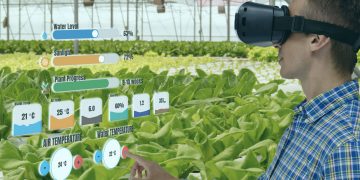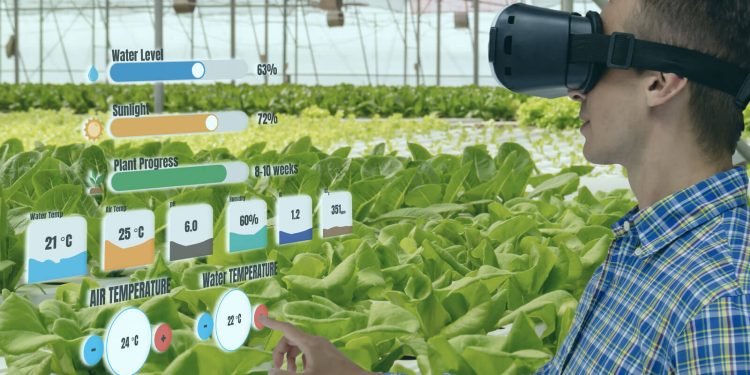#agriculture #technology #precisionfarming #smartirrigationsystems #drones #cropyields #sustainability
In this article, we will explore how technological advancements are revolutionizing the agriculture industry. From precision farming techniques to smart irrigation systems, technology is transforming traditional farming practices and improving the efficiency and productivity of farms. We will delve into the latest data and research on how technology is impacting agriculture, and what it means for farmers, agronomists, agricultural engineers, farm owners, and scientists who work in agriculture.
According to the United Nations Food and Agriculture Organization, the world population is expected to reach 9.7 billion by 2050, which will require a 60% increase in food production to meet the growing demand. With limited resources and a changing climate, the agriculture industry must find innovative solutions to increase efficiency and productivity while minimizing environmental impact.
One of the ways technology is transforming agriculture is through precision farming techniques. Precision agriculture uses data analysis and sensors to monitor crops and soil conditions, enabling farmers to optimize their use of resources such as water and fertilizers. For example, farmers can use satellite images to analyze crop health and identify areas that need additional irrigation or fertilizer. This helps farmers reduce waste and increase crop yields, ultimately leading to higher profits.
Another way technology is transforming agriculture is through the use of smart irrigation systems. According to a study by the University of California, Davis, smart irrigation systems can reduce water usage by up to 30% while improving crop yields. Smart irrigation systems use sensors and data analysis to determine when crops need watering, ensuring that water is only used when necessary.
Technology is also transforming agriculture through the use of drones. Drones can be used to monitor crop health, identify areas that need attention, and even spray pesticides or fertilizers. This allows farmers to cover large areas of land quickly and efficiently, reducing labor costs and improving crop yields.
In conclusion, technology is transforming the agriculture industry and improving efficiency, productivity, and sustainability. By adopting precision farming techniques, smart irrigation systems, and drones, farmers can increase their profits while minimizing environmental impact. As the world population continues to grow, technology will play an increasingly important role in meeting the growing demand for food.































